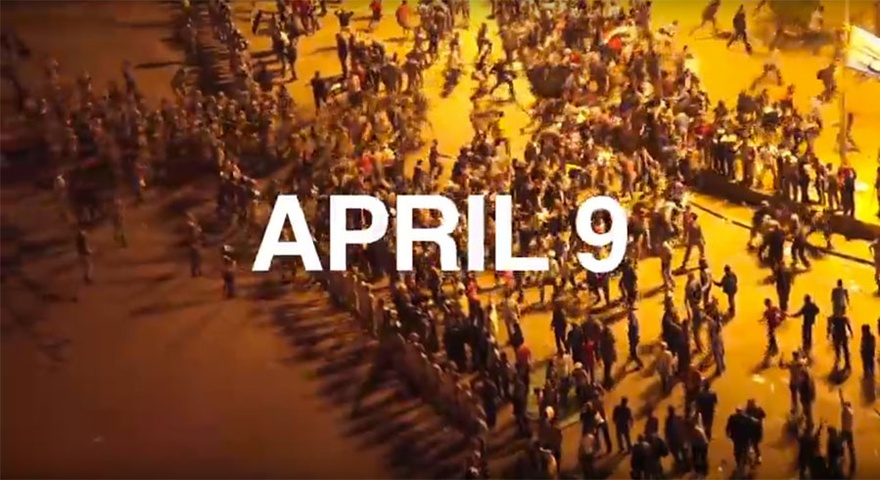Channel
Six Moments from a Revolution: A Mosireen Video Timeline
Archives are important. Control the past, and you shape the present. Throughout history archives have been a target and a tool of oppressive governments, invading armies and colonial administrators. The national archives in Egypt are kept as hidden from the public as possible, part of a wider project to divorce people from their own history and, therefore, their possibilities as political agents. Israeli armies plundered and erased as much Palestinian history as they could, looting archives from Jerusalem to Beirut. Even in defeat, such knowledge is not safe; forced to decolonize, the French destroyed what archives, bureaucracy and civil infrastructure they could as they left West Africa.
One of the many sparks in the Egyptian Revolution came when Hassan Mostafa, an activist in Alexandria, noticed a series of garbage bags being taken out of a police station. On investigation he found bags full of shredded documents and sounded the alarm. Within 24 hours crowds of revolutionists had surrounded and invaded State Security offices in Cairo, removing evidence and paper trails to save them from being destroyed. Unfortunately, this was in March 2011, faith in the Army was at its fullest, and cartons of papers were handed over to the soldiers arriving on the scene.
Mosireen was a chance combination of activists, filmmakers and artists who came together in the wake of Mubarak's fall with a drive to archive and a general belief in the importance of the Image as a revolutionary tool. The first mission was to collect and preserve of as much digital memory of the initial 18 Days as possible. It quickly expanded into questions of production, distribution, education and political collaboration. At the strongest points of the revolution, Mosireen brought out an exhilarating combination of drive, creativity and energy.
Now, the Mosireen archive is many things. It is hundreds of hours of raw footage, which we have been working to log, index, annotate and prepare for public presentation online. Our YouTube channel is a digitally preserved chronological narrative of the revolution from October 2011 to the end of the 2014. Each video is a window into a moment and, together, they give a picture of the politics of the revolution in their combination of street protests, state violence, labour activism, the various battles over social justice and the constant reverence and remembrance of its martyrs.
The counter-revolution grinds on. Mosireen's office is long-closed and our group is scattered around the world. But the work we press on with is the archive: organizing, indexing, logging and geo-locating hundreds of hours of footage to prepare them for public use. There is an immeasurable wealth of unedited information in there.
Until that is ready, here is a selection of six videos from our YouTube channel. Looking back from 2017, I feel that these videos show something of the shape of those years while still holding a particular value for today.
– Omar Robert Hamilton, June 2017






